The Ripple Effect
-News and Commentary-
The Cost of Being Poor: How Every System Punishes Struggle
- Home
- News and Commentary
- The Cost of Being Poor: How Every System Punishes Struggle
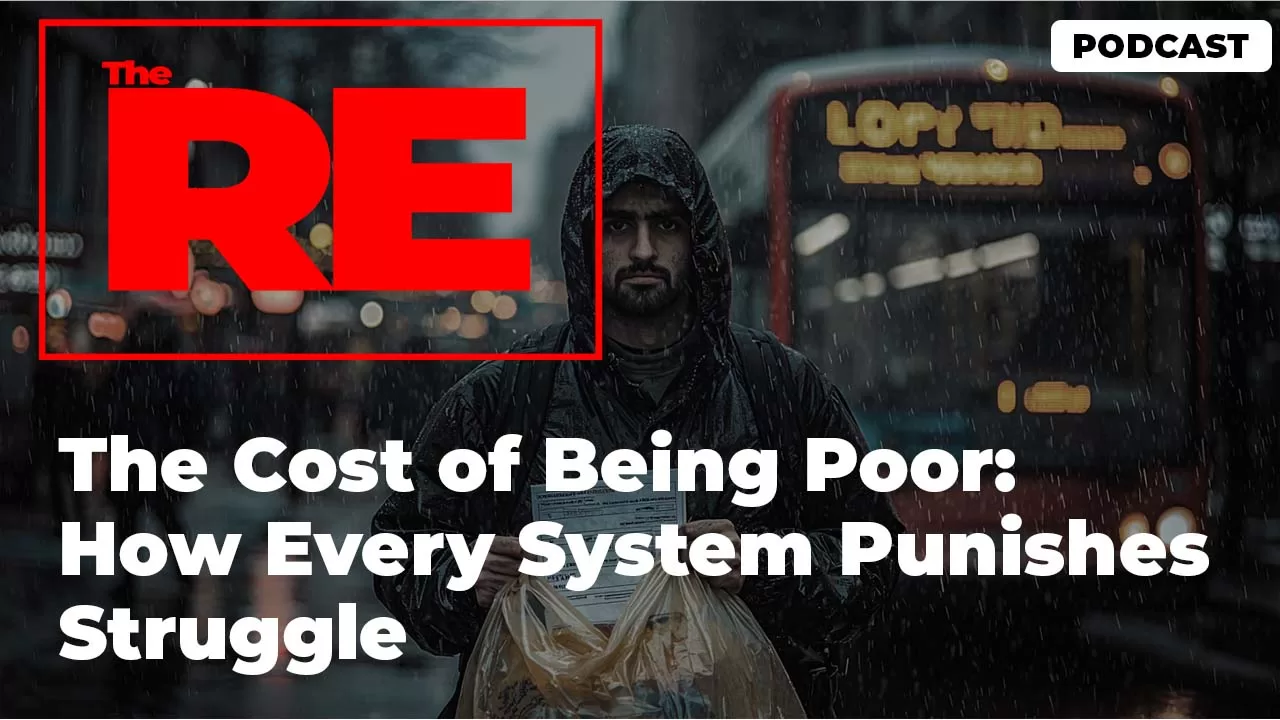
This is not breaking news. We don't report the news. We Unpack it. Explain it. And analyze what it means.
Click this button to add us to your home screen.
Now, even the digital world reflects this imbalance. Poor families often pay more for internet access through prepaid plans or mobile data limits. They buy groceries at convenience stores because full-service markets left their neighborhoods years ago. They’re excluded from fintech tools that require credit scores, savings balances, or monthly fees. This is systemic exclusion dressed up as financial literacy.
And while all of this plays out, the people affected are blamed. Not the landlords demanding $1,800 for a one-bedroom with no heat. Not the lenders charging 20% to someone with no other options. But the person working full-time who still needs help? They’re treated like a burden. Like poverty is a behavior instead of a condition shaped by policy, geography, and profit models.
So when did poverty stop being something to solve and become something to manage?
That shift happened quietly, over decades. And now we live in a country where the act of being poor isn’t just hard, it’s criminalized. Where the punishment for having less is paying more. And where the people who suffer under these systems are told it’s their own fault for not escaping them.
This isn’t a glitch in the system. This is the system.
Poverty in America isn’t just economic. It’s structural. It’s psychological. It’s cumulative. And it’s designed to feel personal—even when it’s clearly systemic.
We tell people to pull themselves up by their bootstraps, but hand them boots full of holes. We tell them to budget better, save more, make smarter choices—but everything about their environment is rigged to ensure they pay more and keep less. That’s not financial advice. That’s cruelty disguised as moral discipline.
And here’s the trap: once you’re poor, you don’t get to make mistakes. You don’t get to be late, tired, sick, or overwhelmed. You don’t get second chances. Not from banks. Not from landlords. Not from courts. Not from schools. And definitely not from the public conversation.
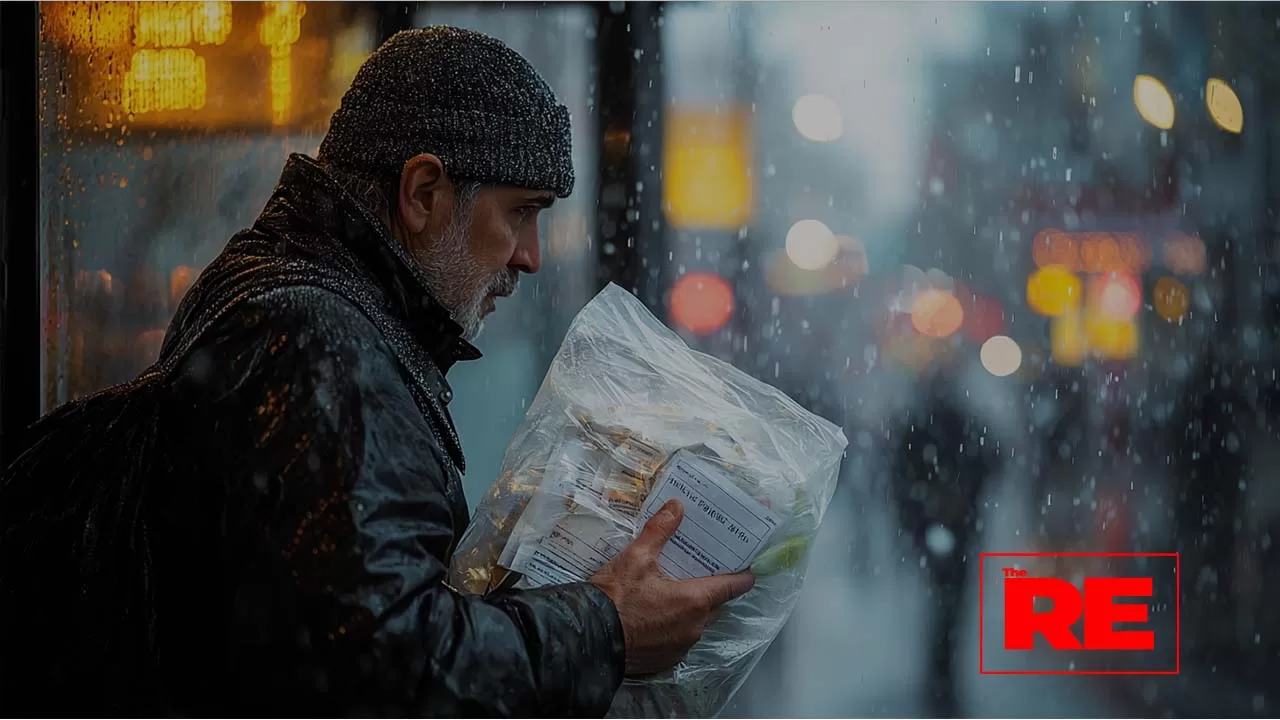
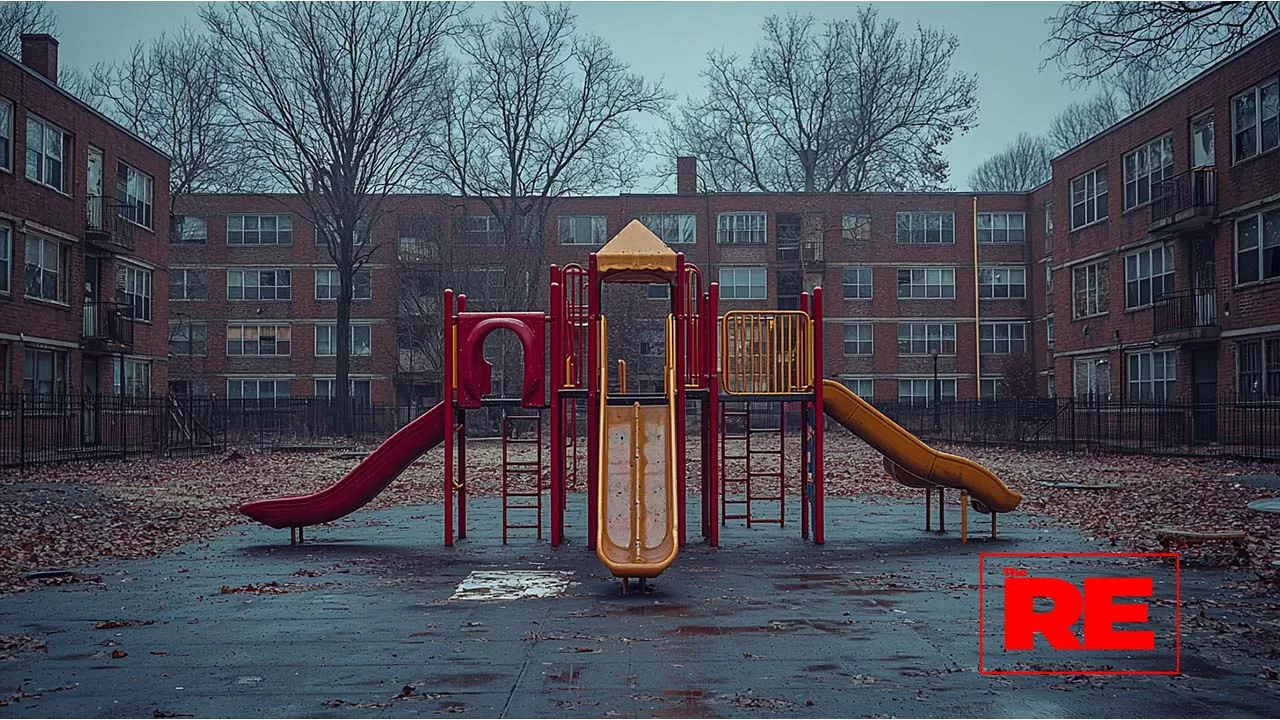
Today in The Ripple Effect, we are discussing how poverty in America doesn’t just mean having less it means being charged more, punished faster, and blamed harder.
From overdraft fees to late payment penalties, from predatory loan interest rates to housing deposits that never come back, poor people in this country aren’t just trying to survive, they’re paying for it. At every level, the systems that claim to offer support are structured in a way that makes struggle more expensive, more exhausting, and often, more permanent.
It’s not just about lack of income. It’s about institutional design, where banks, courts, schools, and social programs all operate on the assumption that if you’re struggling, it must be your fault.
People in poverty are charged more to access money, more to borrow, more to move, more to eat healthy, more to fix credit. And once they fall behind, even slightly, the systems in place don’t offer a hand, they hit them with another bill.
This isn’t a broken system.
It’s a functioning one.
It’s just not functioning for the people who need it most.
Poverty in America isn’t just a condition—it’s a penalty. And for those living inside it, that penalty comes in the form of higher costs, fewer options, and relentless punishment for even the smallest missteps. It’s a system designed not just to keep people from rising—but to charge them for falling.
The people most affected aren’t lazy or unemployed. They’re working. They’re contributing. They’re making minimum wage at chain restaurants, cleaning buildings overnight, driving rideshare until 2 a.m. and still falling behind. And the more they fall behind, the more expensive life gets. Every late bill, every overdraft, every missed payment becomes another toll—added not by accident, but by design.
This is what the architecture of poverty looks like. A $35 overdraft fee on a $12 purchase. A payday loan that charges 391% APR because traditional banks won’t approve a line of credit. A security deposit and first month’s rent demanded up front, even when the applicant’s monthly income could clearly support the lease. Everything is front-loaded. Everything assumes failure.
And when help is needed, it’s often surrounded by hoops. Social services are built on distrust. Food assistance comes with constant reevaluations. Medicaid applications get rejected for clerical errors. Housing vouchers are waitlisted for years. These programs don’t operate as lifelines—they operate as tests, daring people to prove they’re worthy of survival.
This didn’t begin with one administration or one party. The framework dates back to the Reagan era, where narratives around personal responsibility became policy. Then in the ’90s, the “tough love” approach to welfare hardened into law—placing time limits and work requirements on assistance without ever expanding real opportunity. Since then, the language around poverty has been sanitized: “food insecurity,” “housing burden,” “underbanked.” But the reality hasn’t softened. It’s just become easier to ignore.
Instead, every missed payment, every forgotten document, every failed inspection gets turned into a character flaw. And that’s how the system stays intact—by making you feel like the problem while it profits off your inability to escape it.
And this doesn’t just hurt individuals. It ripples through families, neighborhoods, entire generations. When parents are consumed with survival, they can’t plan for growth. When housing is unstable, education suffers. When transportation is unreliable, job security evaporates. Poverty creates fatigue that bleeds into every decision, every interaction, every future possibility.
And what’s worse? We’ve normalized it.
We’ve allowed a society where it’s more profitable to punish the poor than to support them.
Where you can bounce a check and end up in jail.
Where missing rent by three days leads to eviction, but a landlord can take weeks to fix a broken heater.
Where wealth buys silence and invisibility, and poverty gets micromanaged to death.
So we need to start asking the real questions:
Who benefits when poverty is criminalized and monetized at every level?
What does it say about a nation that lets late fees fund banks and jail time fill budget gaps?
When did the safety net become a maze of penalties and shame?
Where is the accountability for systems that profit off failure?
Why do we keep pretending individual behavior can fix what policy created?
This is not just a matter of economics. It’s a matter of dignity. Of design. Of whether we believe that struggling to survive should be punished—or supported.
Because if being poor means being exhausted, exploited, and blamed for your own struggle…
then we’re not fighting poverty anymore.
We’re institutionalizing it.
One story. One truth. One ripple at a time.
This is The Ripple Effect, powered by The Truth Project.
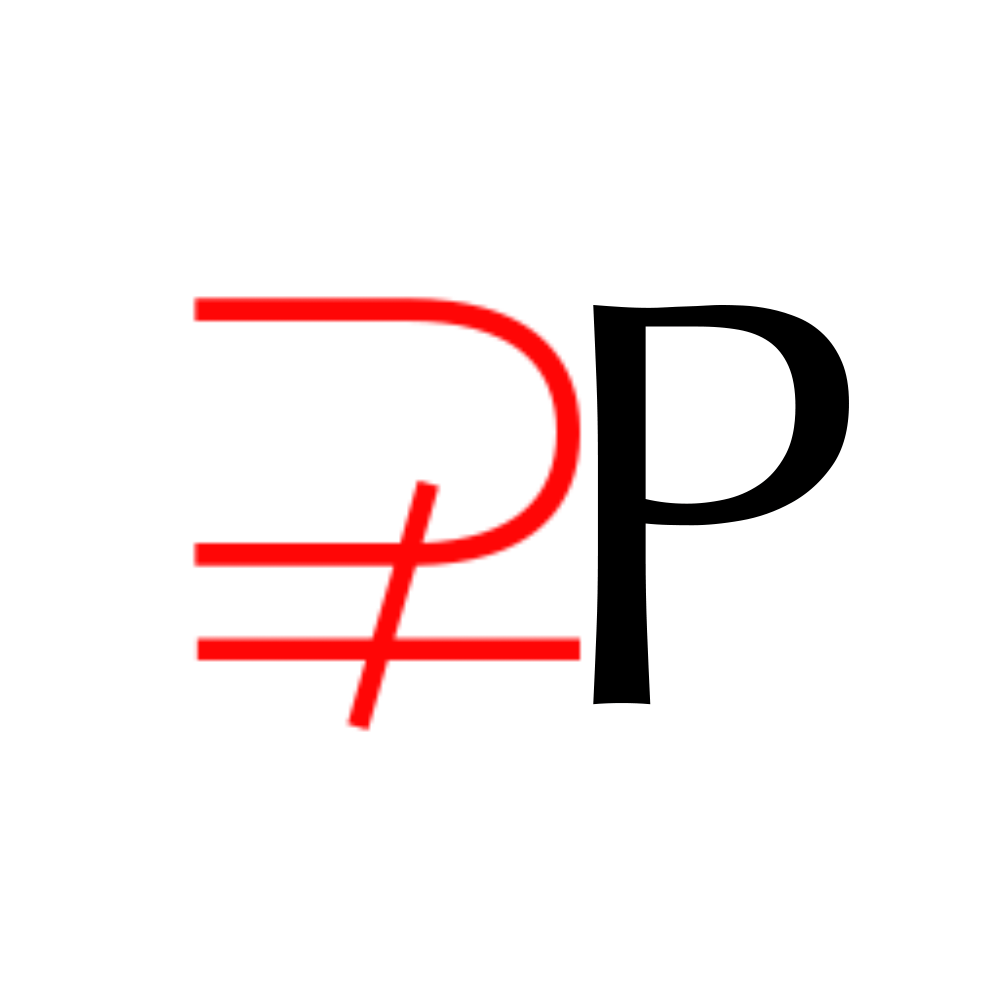
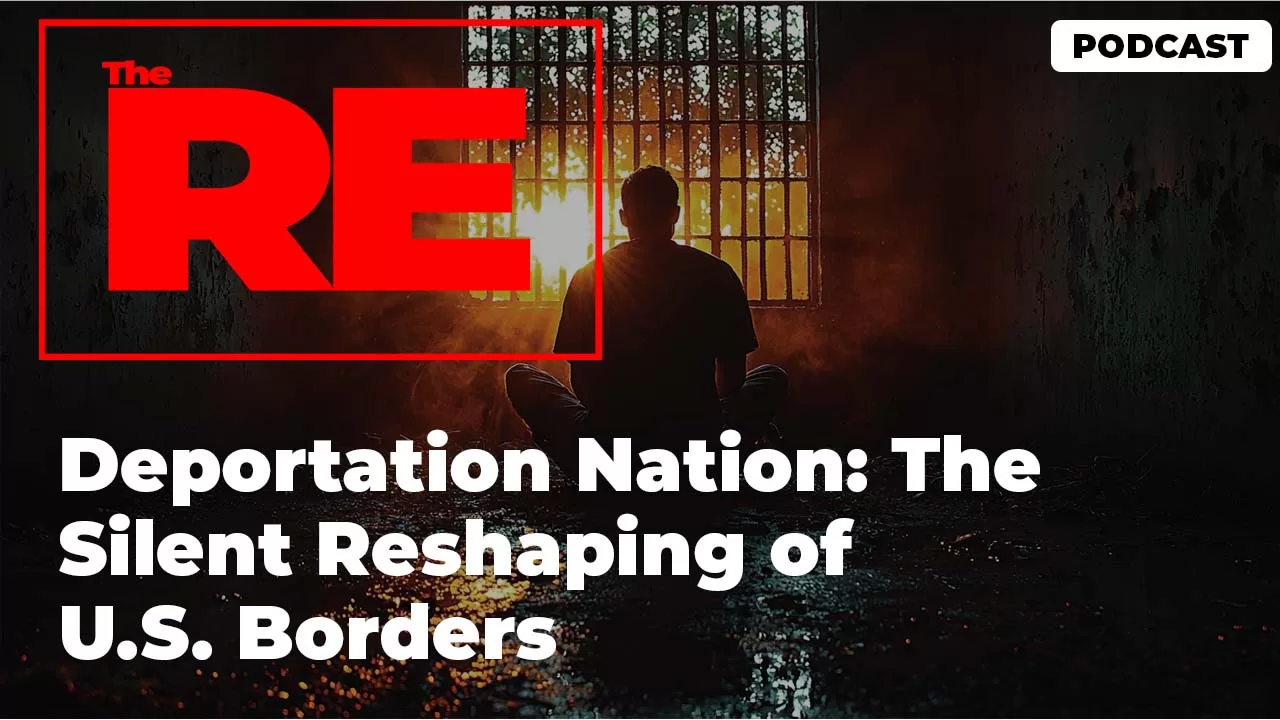
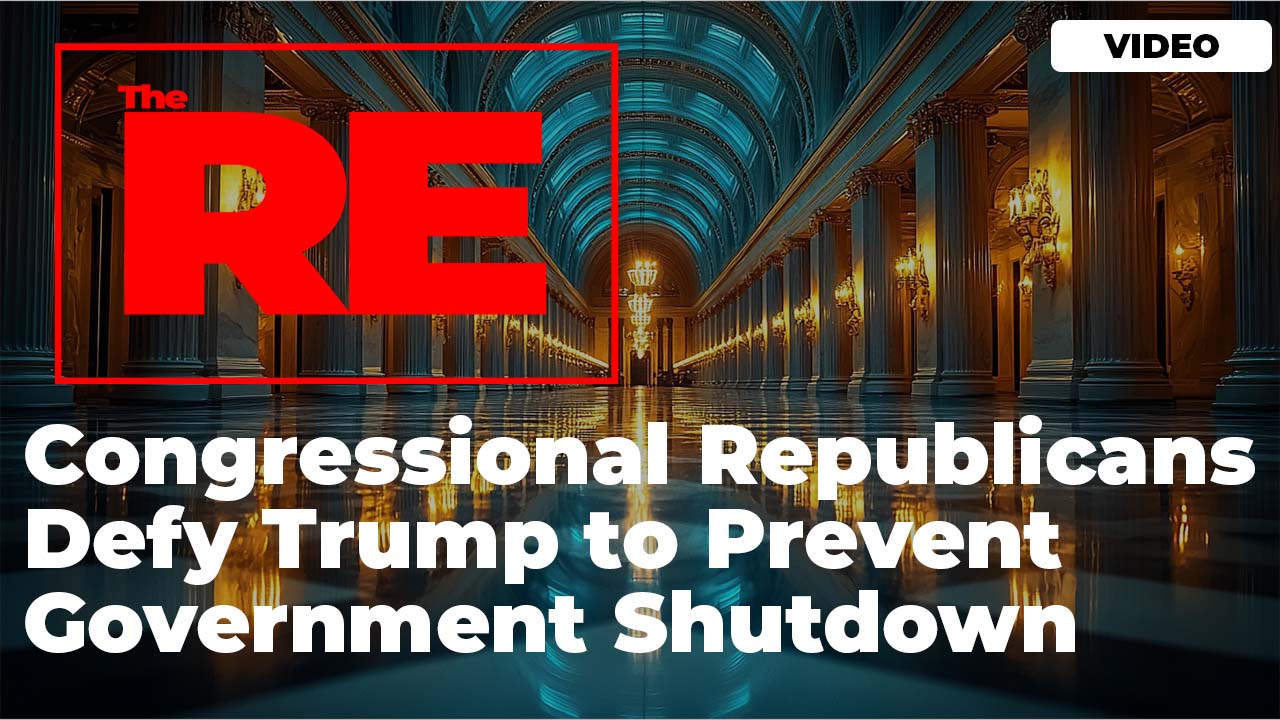
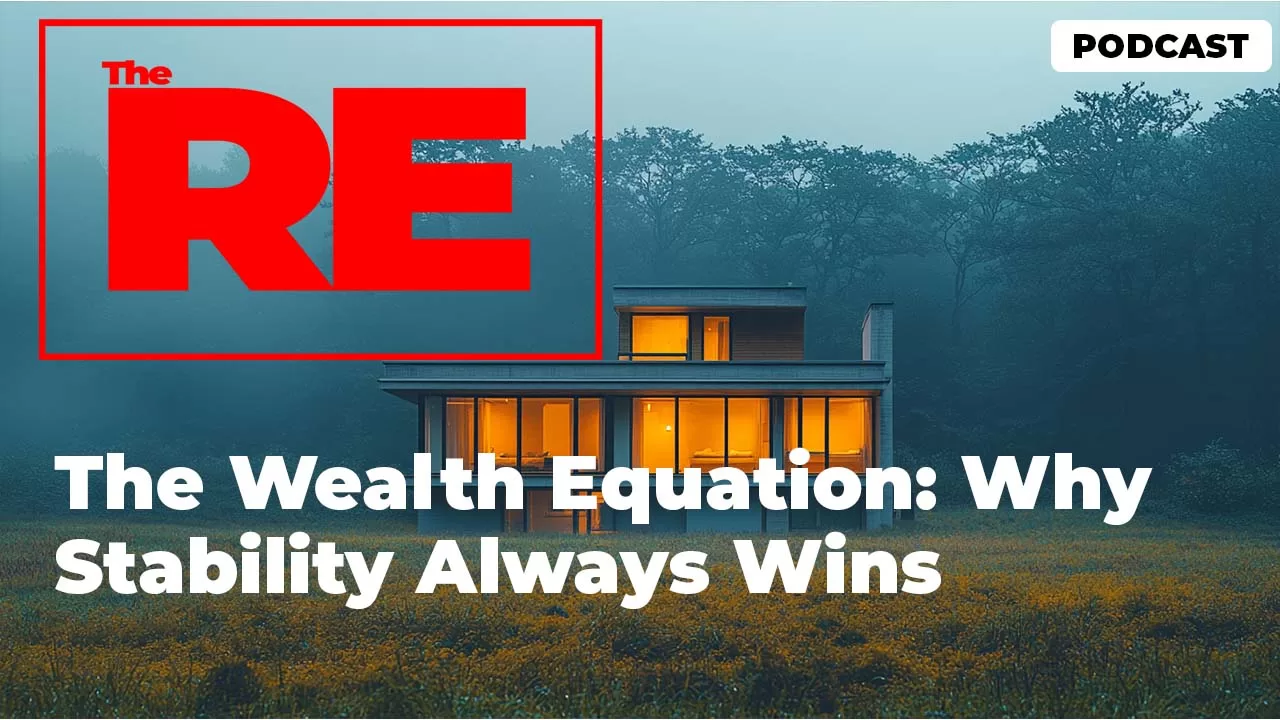

 and then
and then